Preventative healthcare provides the foundation for your four-legged family member’s ongoing good health and wellbeing. Annual or semi-annual (recommended for senior dogs and cats) visits allow our veterinarians to gather a complete and accurate snapshot of your pet’s health so that any changes can be addressed in a timely manner and monitored. Preventative care includes:
—Regularly scheduled wellness exams. Annual visits (or semi-annual for dogs over 8 years of age and cats over 10 years of age) allow our veterinarians to gather a complete and accurate snapshot of your pet’s health and include a complete physical examination of your pet from nose to tail. We’ll check its eyes, nose, ears, and teeth, listen to the heart and lungs, palpate the abdomen, and assess bone structure and muscle tone. Our doctors and veterinary care team members will ask questions about your pet’s appetite and activity levels and determine if there are any other medical issues that need to be addressed. Most importantly, wellness visits allow us to get to know you and your pet so we can work together to help ensure a lifetime of good health.
At least once a day during a wellness exam our doctors identify an unexpected medical issue – including abdominal masses, severe dental disease, or a heart rhythm abnormality – that require additional diagnostics and/or treatment. Comprehensive bloodwork analysis, especially for senior pets, helps identify systemic changes such as increased kidney or liver values that require medical attention. Early detection of illness during an annual or semi-annual check-up can improve the chances of a good outcome for your pet, and can mean much fewer expenses for you in the long run.
—Annual parasite screening and year-round parasite prevention. Annual screening for external parasites includes a visual examination for fleas and blood testing for heartworm infection and tick-borne diseases. Yearly fecal testing is also recommended to detect intestinal parasites including roundworms, hookworms, whipworms, coccidia and giardia that can cause health issues both in your pet and human family members of all ages.
Heartworm disease primarily affects dogs although cats that spend time outdoors are at a higher risk than indoor cats. It’s caused when a mosquito feeds on an infected dog and then feeds on an unprotected, healthy dog or cat. Heartworm disease can cause permanent damage to the heart and lungs and, if left untreated, may lead to heart failure and death. It costs five times more to treat heartworm infection in dogs than to prevent it, and there’s no treatment for cats diagnosed with heartworm disease, so year-round protection is recommended for all dogs and cats that spend any amount of time outdoors.
Many companion animals living in DuPage, Cook and Will Counties are exposed to a variety of wildlife, regularly visit dog parks, or spend a good amount of time enjoying the outdoors. Ticks, which can carry a number of diseases that are transmittable to humans, including Lyme disease, are prevalent in our area. Since ticks will come out of hibernation whenever the temperature is above 35-40 degrees, keeping Fluffy or Fido on preventatives all year provides them with the best level of protection.
—Vaccinations. Vaccine recommendations and administration are carefully tailored according to your pet’s risk level, life stage, and lifestyle, using only the safest and highest quality vaccines available. In general, BRVC’s doctors administer one-year rabies and DAPP vaccines to dogs under the age of one and three-year rabies and DAPP vaccines to dogs over the age of one. Also recommended is vaccine protection against Leptospirosis, a bacterial disease that can affect animals and humans, which is initially administered as a series of three vaccines and then annually. In addition, our doctors may recommend vaccines to prevent kennel cough or canine influenza if your dog comes into regular contact with other canines at the dog park, groomer, doggie daycare or a boarding facility. One-year rabies and FVRCP vaccines are administered to cats under the age of one and one-year rabies and three-year FVRCP vaccines are administered to cats over the age of one.
For more information about preventative care for your four-legged best friend or to schedule an appointment, please call us at (630) 598-0600.
